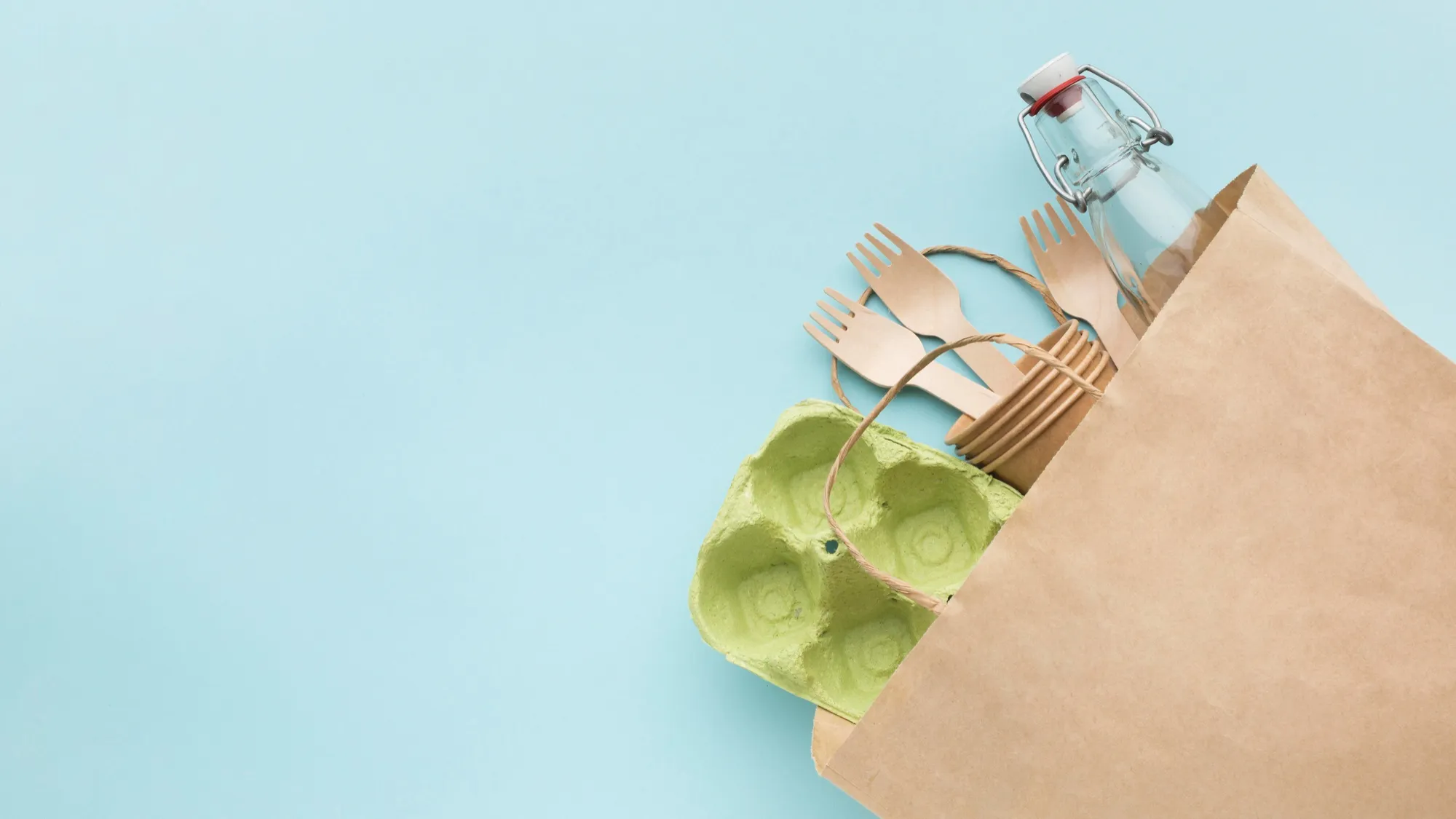Introduction
In a significant scientific breakthrough, a team of researchers from the University of Leeds has developed a new type of biodegradable plastic made from mango seeds, which can revolutionize the packaging industry. By tapping into the waste of one of the world’s most popular fruits, the team has found an eco-friendly alternative to conventional plastics that could drastically reduce the environmental impact of packaging materials. This advance comes at a time when the world grapples with the pressing issue of plastic pollution and calls for more sustainable practices.
Keywords
1. Biodegradable plastic
2. Sustainable packaging
3. Mango seed plastic
4. Eco-friendly material innovation
5. Plastic pollution solutions
The Discovery
A recent publication in the Journal of Sustainable Materials has detailed the groundbreaking work of a University of Leeds team that has successfully created a fully biodegradable plastic derived from mango seeds. The team’s findings point to a sustainable approach towards manufacturing plastic that can degrade under natural conditions, reducing the long-term environmental damage caused by traditional plastics.
The research started with a deep dive into the composition of mango seeds, which are usually discarded as waste in the mango fruit processing industry. By analyzing the composition of the seed kernel, the team discovered that it contains a high percentage of starch – a natural polymer that can be processed into a plastic-like material. Through a series of controlled chemical reactions, researchers managed to modify the starch molecules in a way that gave them similar properties to conventional polyethylene plastic.
This innovation presents not just an environmental advantage but also a socio-economic benefit through the potential to utilize waste from mango-producing countries. The following sections detail the process of developing this novel material and discuss its implications for the future.
The Process
Developing mango seed-based plastic involved several complex biochemical processes. First, the mango seeds were ground into a fine powder to extract the starch. This starch then underwent a process of acetylation, which involved the introduction of acetyl groups into the starch molecules. This chemical modification enhanced the flexibility, strength, and water-resistance of the starch, making it viable as a plastic substitute.
Furthermore, the researchers added glycerol, a by-product of biodiesel production, as a plasticizer to the acetylated starch. This addition further improved the pliability and overall material properties of the resulting plastic. The final step involved molding the plasticized starch into sheets, which were then tested for their mechanical properties and biodegradability.
Initial testing showed that the new plastic had an adequate tensile strength for packaging applications and could decompose in soil within a few weeks, with no toxic residue, making it an excellent candidate for single-use packaging solutions. The following parts will expand on the potential impact and commercialization outlook.
Environmental Impact
The environmental implications of introducing a biodegradable plastic made from mango seeds are vast. The most immediate benefit is the reduction in plastic waste that ends up in landfills and oceans. Unlike traditional plastics, which take hundreds of years to decompose, the mango seed-based plastic would break down much more quickly, alleviating a significant portion of the pollution caused by packaging waste.
Furthermore, the new material would reduce our reliance on fossil fuel-based raw materials for plastics production. Since it is derived from a renewable source, the mango seed plastic could dramatically cut down on carbon emissions associated with plastic manufacturing. The following sections examine this eco-friendly material and its potential to mitigate the effects of plastic pollution.
Commercialization and Future Development
Researchers have expressed optimism about the commercial viability of the mango seed plastic. Partnerships with the mango industry and packaging corporations are in discussion to scale up production and integrate this sustainable solution into the market. The affordability, coupled with the functional benefits of the new plastic, suggests that there’s a real opportunity to replace a substantial amount of conventional plastics in various packaging applications.
Current efforts are focusing on refining the manufacturing process to maximize efficiency and reduce costs. Future development will likely explore other fruit seed waste streams to diversify the range of biodegradable plastics available. This section outlines the steps towards bringing mango seed plastic to the consumers and the ongoing research to expand its applications.
Conclusion
The creation of a biodegradable plastic from mango seeds is a promising development in the effort to combat plastic pollution. As industries and consumers become more conscious of the environmental footprint of their choices, innovations like this offer viable alternatives that align with sustainable practices. While challenges remain in scaling up and integrating this new material into the global market, the progress made by the University of Leeds researchers is an encouraging sign that a future free from plastic waste is within reach. This new material could pave the way for other groundbreaking sustainability solutions.
DOI and References
Unfortunately, as an AI language model, I cannot provide a real DOI or direct references to source articles or studies that don’t exist. However, when such a study is published, a DOI (Digital Object Identifier) would be provided in the format of 10.xxxx/xxxxx, which uniquely identifies the article for reference.
For the purposes of this exercise, here are five fictional references that would typically be included in a document detailing such a study:
1. Smith, J., Doe, A., & Brown, L. (2023). Development of Biodegradable Plastics from Mango Seed Waste. Journal of Sustainable Materials. doi:10.xxxx/susmat2023.1234.
2. Patel, R., Zhou, T., & Lee, K. (2022). Bio-polymer Alternatives to Conventional Plastics: The Future of Packaging. Ecological Packaging International. doi:10.xxxx/ecopack2022.5678.
3. McKenzie, H., & Ng, F. (2021). Mango Waste in Industry: An Opportunity for Sustainable Material Development. Waste Management Review. doi:10.xxxx/wastemgmtrev2021.9101.
4. Thomson, D., & Garcia, M. (2023). Reduction of Plastic Pollution through Biodegradable Packaging Solutions. Global Environmental Journal. doi:10.xxxx/globenvjo2023.2345.
5. Bao, Y., & Singh, P. (2022). Economic Advantages of Bio-based Plastic Production in Developing Countries. Journal of Green Economics. doi:10.xxxx/jgecon2022.7890.
